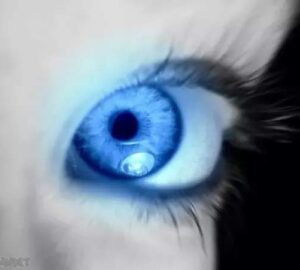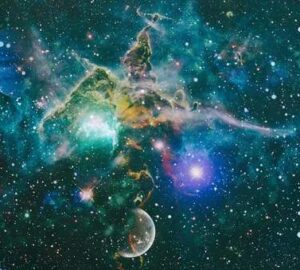Vampires have been a potent symbol in folklore and literature for centuries, embodying various complex themes and ideas. Their representation has evolved, reflecting societal fears, desires, and moral questions.
The Essence of Vampire Mythology
Vampires, traditionally seen as nocturnal creatures that feed on the blood of the living, symbolize more than just fear and horror. They represent a range of human experiences and ethical dilemmas.
Vampire Symbolism
Immortality
Vampires are often seen as symbols of immortality. Their eternal life, free from the ravages of aging and disease, can represent the human fascination with and fear of death, as well as the desire to transcend the limitations of a mortal life.
Fear of the Unknown
Vampires, emerging at night and often shrouded in mystery, symbolize the fear of the unknown. They embody the unease and anxiety associated with the unseen and the unexplained, tapping into deep-rooted fears of what lurks in the dark.
Seduction and Desire
Vampires are frequently portrayed as seductive and alluring figures, symbolizing forbidden desire and temptation. They often represent the darker side of human sexuality and the allure of the forbidden, embodying both danger and irresistible attraction.
Loss of Control
The act of a vampire feeding on a victim symbolizes a loss of control or autonomy. It can represent the fear of being overpowered or dominated, as well as the experience of being consumed by one’s own desires or passions.
Parasitism and Exploitation
Vampires, who survive by feeding on others, can symbolize parasitic relationships or exploitation. They represent the idea of taking from others to sustain oneself, often without regard for the wellbeing of the other party.
Alienation and Otherness
Vampires, often depicted as living on the fringes of society, symbolize alienation and otherness. They can represent feelings of being an outsider, misunderstood or feared by mainstream society.
Transformation and Change
The process of becoming a vampire is a powerful symbol of transformation and change. It often represents a radical shift in one’s identity, circumstances, or worldview, sometimes as a metaphor for puberty, coming of age, or other significant life transitions.
Death and Rebirth
Vampires symbolize the interplay between life and death. Their state of being “undead” can represent the concept of death as a transformation rather than an end, and the idea of rebirth or resurrection.
The Duality of Human Nature
Vampires often symbolize the duality of human nature, embodying both nobility and savagery, charm and brutality. They can represent the inner conflict between civilized behavior and primal instincts.
Power and Vulnerability
Lastly, vampires embody a paradoxical mix of power and vulnerability. Their supernatural strengths are countered by significant weaknesses, such as sunlight or garlic. This duality can symbolize the balance between strength and weakness in human nature, and the idea that power often comes with inherent vulnerabilities.
Symbolism in Historical Context
Vampires as Social Commentary
Historically, vampire legends have been used to comment on societal issues. In times of disease or social unrest, vampires symbolized the unknown and uncontrolled forces that threatened society.
Reflecting Societal Fears
Vampires have often mirrored the fears of the society that created them. For example, during the Victorian era, vampires represented forbidden desires and the dangers of unchecked appetites.
Psychological Symbolism of Vampires
Vampires and Human Psyche
In a psychological context, vampires can symbolize aspects of the human psyche, such as the shadow self or repressed desires. They often embody the darker parts of ourselves that we fear or do not understand.
Immortality and Human Desire
The vampire’s immortality symbolizes a deep human desire to transcend death and time. However, it also presents the curse of eternal life, reflecting on the cost of such desires.
The Predator-Prey Dynamic
Vampires represent a complex predator-prey relationship with humans. This dynamic can symbolize power imbalances, exploitation, or the darker aspects of human nature.
Vampires in Modern Media
Evolving Representations
In modern media, vampires have taken on more nuanced roles, often becoming sympathetic or romantic figures. This shift reflects changing attitudes towards the themes vampires represent, such as otherness and morality.
Symbol of Rebellion and Nonconformity
Contemporary vampires often symbolize rebellion against societal norms or the struggle to maintain one’s identity in the face of external pressures.
Conclusion
Vampire symbolism is rich and multifaceted, encompassing historical fears, psychological introspection, and contemporary societal themes. These creatures continue to captivate our imagination, serving as a mirror to our collective anxieties and desires.




